১০ ফাল্গুন ১৪৩২
State Department Report
Opposition were Subjected to Disappearances, Kidnappings and Detentions by Ousted Govt. of Bangladesh
13 August 2025 16:08 PM
NEWS DESK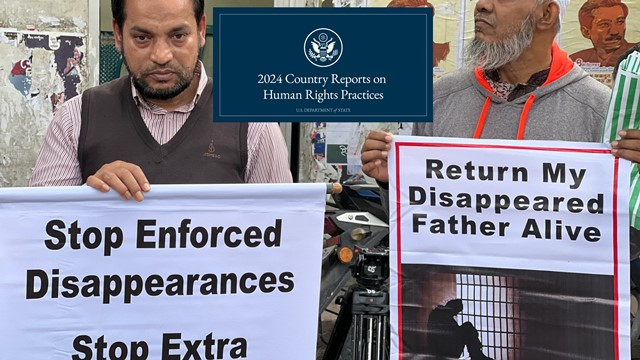
Despite the previous government being ousted last year, reports of disappearances and kidnappings by human rights groups and media continued, allegedly by security service personnel, reads a State Department report.
"Between January and June, the Human Rights Support Society (HRSS) reported three persons were victims of enforced disappearances and eight persons were victims of illegal detention for more than 24 hours before being released or arrested. The previous government made limited efforts to prevent, investigate, or punish such acts," reads the report titled "2024 Country Reports on Human Rights Practices: Bangladesh."
Civil society organisations reported most victims of enforced disappearance were political opposition leaders, activists, and dissidents. Following alleged disappearances, security forces released some individuals without charge and arrested others, reads the report.
According to the State Department report there was one reported incident of an alleged enforced disappearance under the interim government. Relatives of Aslam Serniabat, an automobile association official, filed a police case alleging he was abducted from Dhaka by both uniformed law enforcement and plainclothes personnel on 29 August 2024. On 25 September the same year, police produced him before a court in connection with a murder case.
In the days immediately after the government turnover, many victims of enforced disappearances were released from secret detention centers where some had been detained for up to eight years. Chittagong Hill Tracts Indigenous people's activist Michael Chakma was one of those released after more than five years in secret detention. Human Rights Watch estimated an additional 100 victims of enforced disappearance were missing, reads the report.
Freedom House's Freedom in the World 2024 Country Report noted, "Security forces have faced persistent accusations of extrajudicial killings, abductions and other human rights abuses, including during operations to counter the drug trade, organised crime, and terrorism."
In August, the government established the Bangladesh Commission on Enforced Disappearance, which was tasked with investigating reports of enforced disappearances between January 2010 and August. While initially tasked for 45 days, the commission was subsequently granted additional time to complete its investigations. As of early November, the commission found eight secret detention centers in and around Dhaka City and received 1,600 complaints of enforced disappearances, adds the State Department report.
Arbitrary and lengthy pretrial detention continued due to bureaucratic inefficiencies, limited resources, lax enforcement of pretrial rules, and corruption. Lawyers attributed the overuse of laws such as the now defunct DSA, some of which had provisions that generally did not allow for bail, as another explanation for the high numbers of pretrial detentions. In some cases, the length of pretrial detention equaled or exceeded the sentence for the alleged crime.
"The constitution prohibited arbitrary arrest and detention, but the law permitted authorities to arrest and detain an individual without an order from a magistrate or a warrant if authorities perceived the individual might constitute a threat to security and public order, or if authorities perceived the individual was involved with a serious crime," reads the State Department report.
Authorities often held detainees for a few days without divulging their whereabouts or circumstances to family or legal counsel, or without acknowledging having arrested them, it adds.
According to the State Department, the Constitution of Bangladesh provided for the right of any person to challenge the lawfulness of their arrest or detention in court. The previous government did not generally observe these requirements, but the interim government did so beginning in November."
The constitution required arrests and detentions be authorised by a warrant or occur because of observation of a crime in progress, but the law granted broad exceptions to these protections.
Arbitrary arrests occurred, often in conjunction with political demonstrations or speech, or as part of security force responses to alleged terrorist activity, and the government held persons in detention without specific charges, sometimes to collect information regarding other suspects, adds the State Department report.
The expansiveness of the 1974 Special Powers Act granted legal justification for arrests that would often otherwise be considered arbitrary, since it removed the requirement that arrests be based on crimes that had occurred previously.
Human rights activists claimed that under the previous government police falsely constructed cases to target opposition leaders, workers, and supporters, and that the government used law enforcement agencies to crack down on political rivals, reads the report.
Under the previous government, police continued to arbitrarily arrest members of opposition political parties. In January, media reported on accusations from then opposition Bangladesh Nationalist Party (BNP) members who said the previous government had launched a major crackdown targeting BNP supporters and opposition politicians on trumped-up charges in the lead-up to the January national elections. The BNP claimed more than 20,000 of their members were jailed in the months prior to the election.
Previous government officials argued the figure was much lower and that arrests were not made based on political affiliations, but rather for specific criminal charges such as arson.






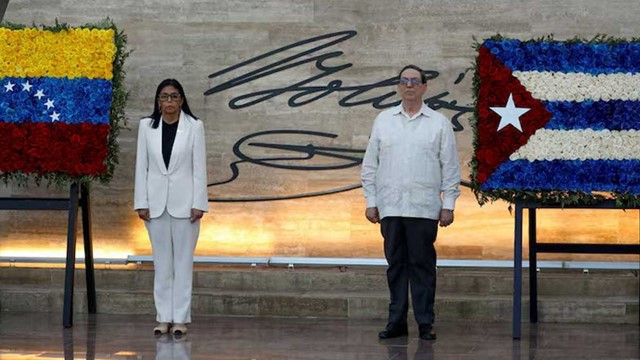

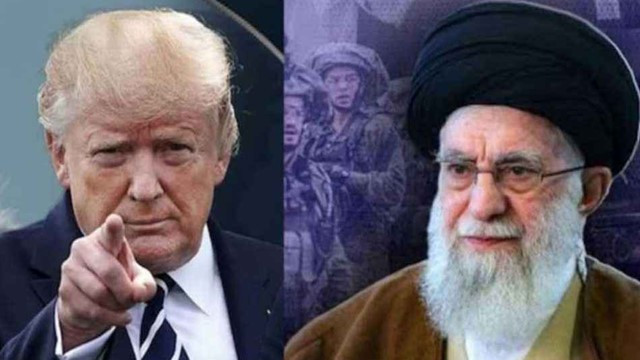
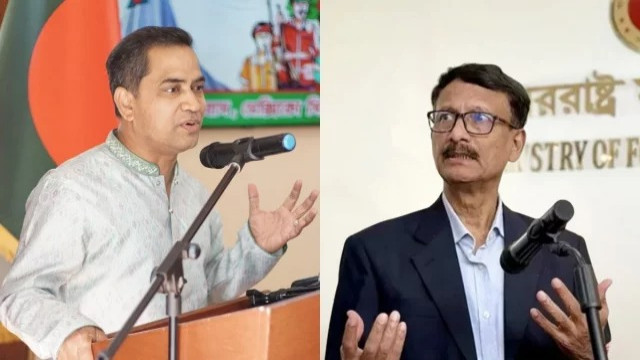


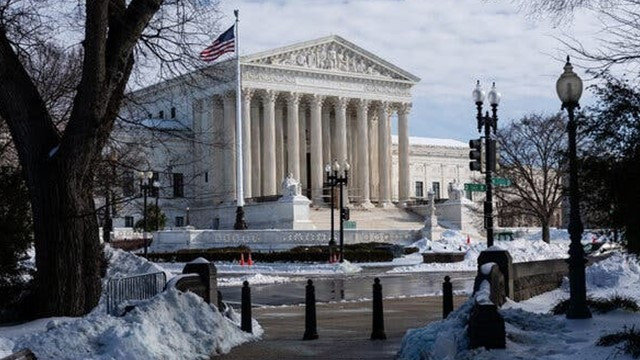

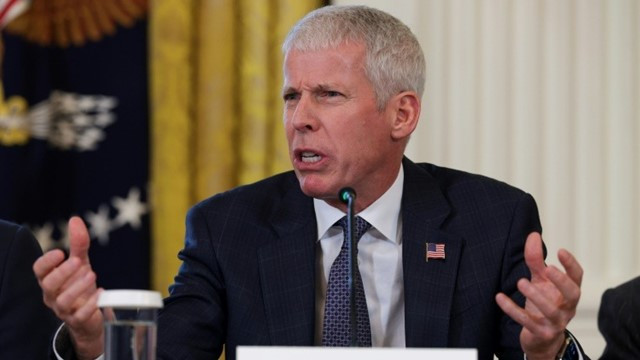

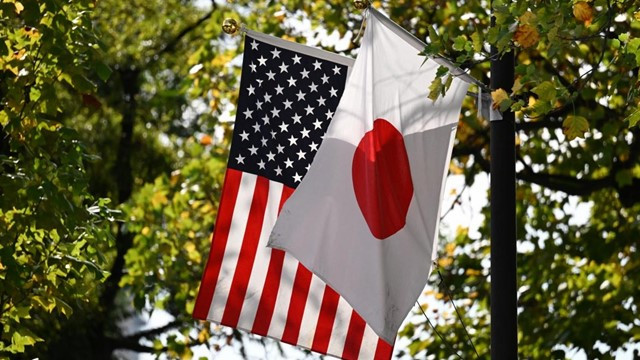

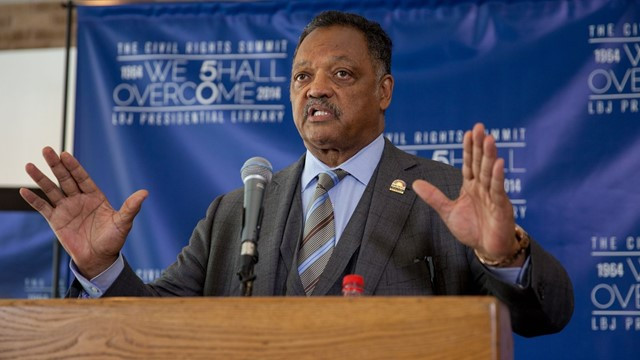
Comments Here: